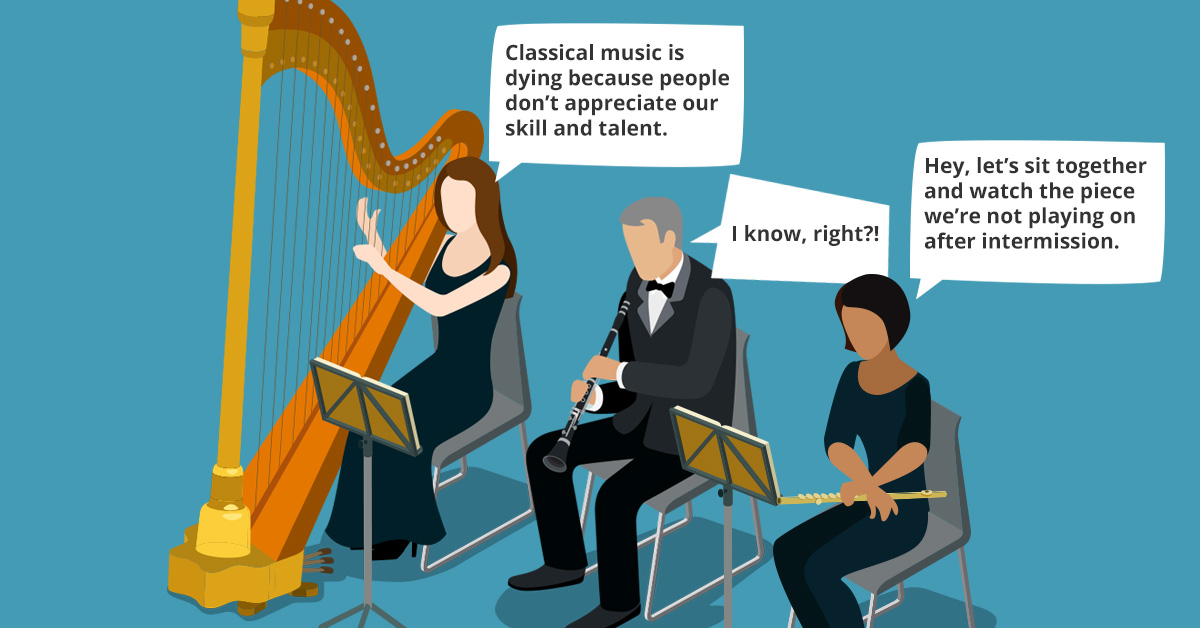 Today’s title is an excerpt from Joe Patti’s 12/6/2016 blog post. It examines a recent decision by Kentucky Governor, Matt Bevin, to dismiss ¾ of the state art council to reconfigure its mission and focus.
Today’s title is an excerpt from Joe Patti’s 12/6/2016 blog post. It examines a recent decision by Kentucky Governor, Matt Bevin, to dismiss ¾ of the state art council to reconfigure its mission and focus.
In short, Gov. Bevin wants the council to focus on what a press statement identified as a “focus on ensuring that Kentucky artisans have the skills and knowledge to develop and successfully sell their products.”
Patti expresses concern over this direction because it places extraordinarily narrow guidelines on what it is to be an artist.
Perhaps more immediately for me, I realized how the call for artists to be more entrepreneurial can very quickly be leveraged to the detriment of the arts and culture community.
When I have invoked “entrepreneurial” in the past it was with the intention that those in the arts community acquire the skills to manage their careers, not be cheated by others and make opportunities for themselves rather than wait for it to be provided by others.
 I agree with Patti’s observations wholeheartedly and would go one step more and assert that the Kentucky state art council’s new focus runs a large risk of devaluing artists by looking at them as nothing more than a mass of aspiring Etsy shop owners who don’t know how to log onto the internet.
I agree with Patti’s observations wholeheartedly and would go one step more and assert that the Kentucky state art council’s new focus runs a large risk of devaluing artists by looking at them as nothing more than a mass of aspiring Etsy shop owners who don’t know how to log onto the internet.
In a more abstract sense, this extends to some of the long running stereotypes that professional arts managers are inherently inferior to their commercial counterparts for no other reason than they work in arts and culture sector.
The arts field and its artists aren’t a bunch of damsels in distress floundering around waiting to be saved.
Certainly, there is plenty of potential for applying contemporary entrepreneurial practices to the arts, such as the idea of incubators Patti suggests, but my fear is this wholesale myopic focus being implemented in Kentucky will not only do more harm than good, but it will gradually marginalize the state as a whole from the larger, advancing arts environment.


